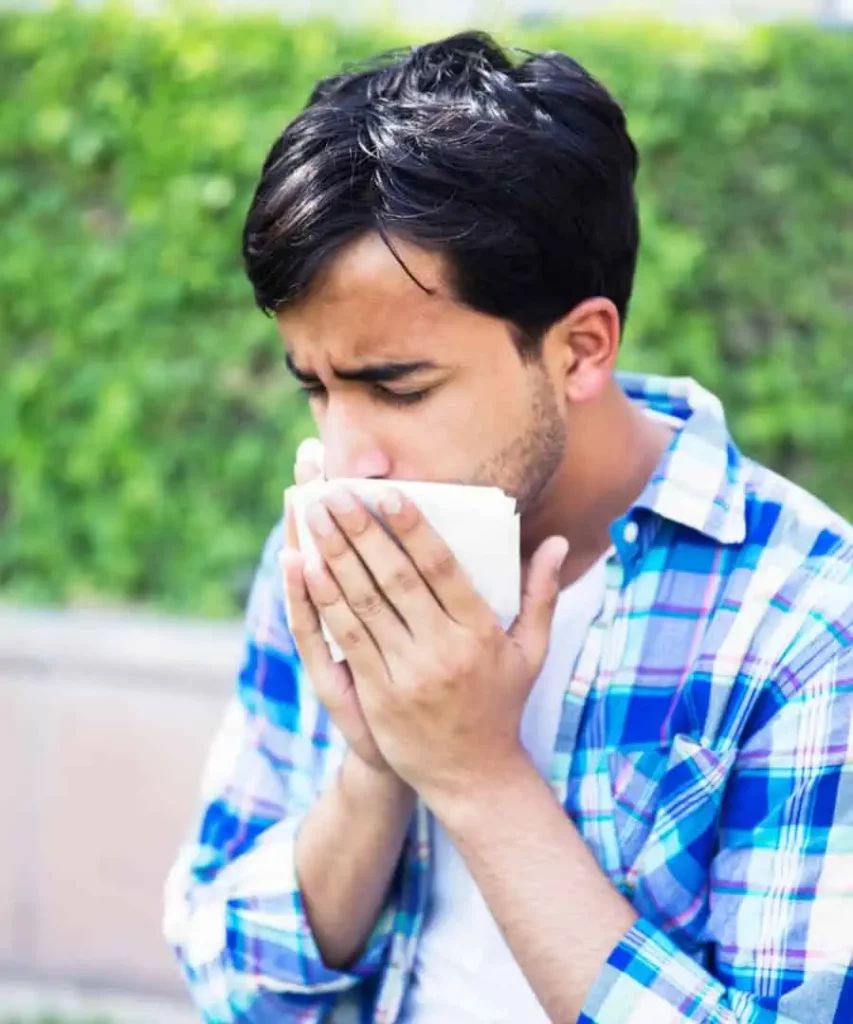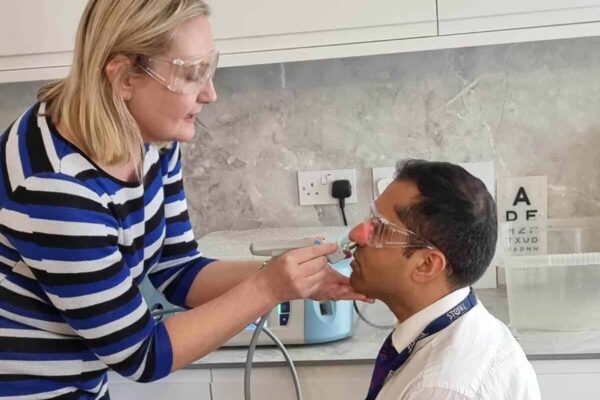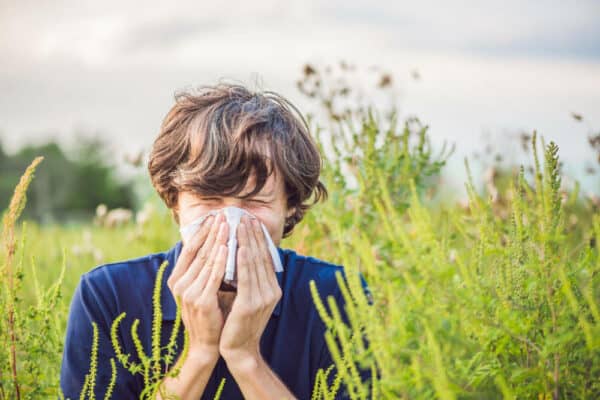Hay fever affects almost ten million people in the UK and shares symptoms in common with the Coronavirus. But unlike hay fever, COVID-19 is highly contagious and can develop into serious health problems such as disability, blood clots, and respiratory issues.
Dr Rupa Parmar, GP and Medical Director of Midland Health, shares the COVID-19 symptoms that shouldn’t be mistaken for hay fever this allergy season.
1. Fatigue
Fatigue is a common symptom of hay fever and COVID. Fatigue from hay fever can make you feel overtired and causes brain fog. It’s not usually severe but can be frustrating to manage. COVID-caused fatigue is more extreme and has symptoms like tiredness, irritability, and slow reflexes. It also lasts longer than fatigue caused by allergies, sometimes for multiple weeks after contracting the illness.
2. Congestion
Though feeling congested is one of the most common complaints of hay fever, it’s also a symptom of COVID. The symptoms you have alongside a runny or stuffy nose are crucial in differentiating the two. Congestion with itchy eyes and sneezing are symptoms of hay fever, whereas with COVID, the congested feeling usually comes with a loss of smell or taste.
3. Coughing
With allergies, any coughing is usually due to excess mucus at the back of your throat. Usually, a cough caused by hay fever occurs intermittently and is a reaction to postnasal drip. A persistent dry and chesty cough is much more likely to be a symptom of COVID.
4. Fever
Even though it’s called hay fever, it does not actually cause a fever. However, common signs of COVID include having chills or a high temperature. Check your temperature if you feel unwell; if it’s higher than usual, it may be because you have COVID.
5. Aches and pains
Hay fever shouldn’t cause your body to ache, though you may experience a headache caused by a stuffy nose. In contrast, at the start of a COVID infection, it’s common to have headaches or body aches that feel sore to the touch.
6. Sore throat
If your sore throat is a hay fever symptom, it will feel itchy and dry. A sore throat from COVID generally feels more like a lump. It can also lead to neck pain and swollen lymph nodes. Similarly to congestion, the symptoms you’re experiencing alongside the throat pain will help you identify if you have COVID or just allergies.
7. Worsening Symptoms
With allergies, it is unlikely that your symptoms will worsen, and common hay fever symptoms such as sneezing, a runny nose, and itchy eyes shouldn’t be too severe. If you usually suffer from allergy symptoms but they feel much worse than usual, it’s a good idea to test for COVID.
Dr Rupa Parmar said, “It’s still important to be aware of the symptoms of COVID. Although we are no longer in a pandemic, catching the virus is still possible, and we should do our best to avoid spreading it. You can do this by knowing the symptoms, testing, and avoiding contact with others if you have COVID.
“If you have allergies, it’s essential to understand what’s normal for you. This means you can better identify unusual symptoms that may indicate something more serious.”



